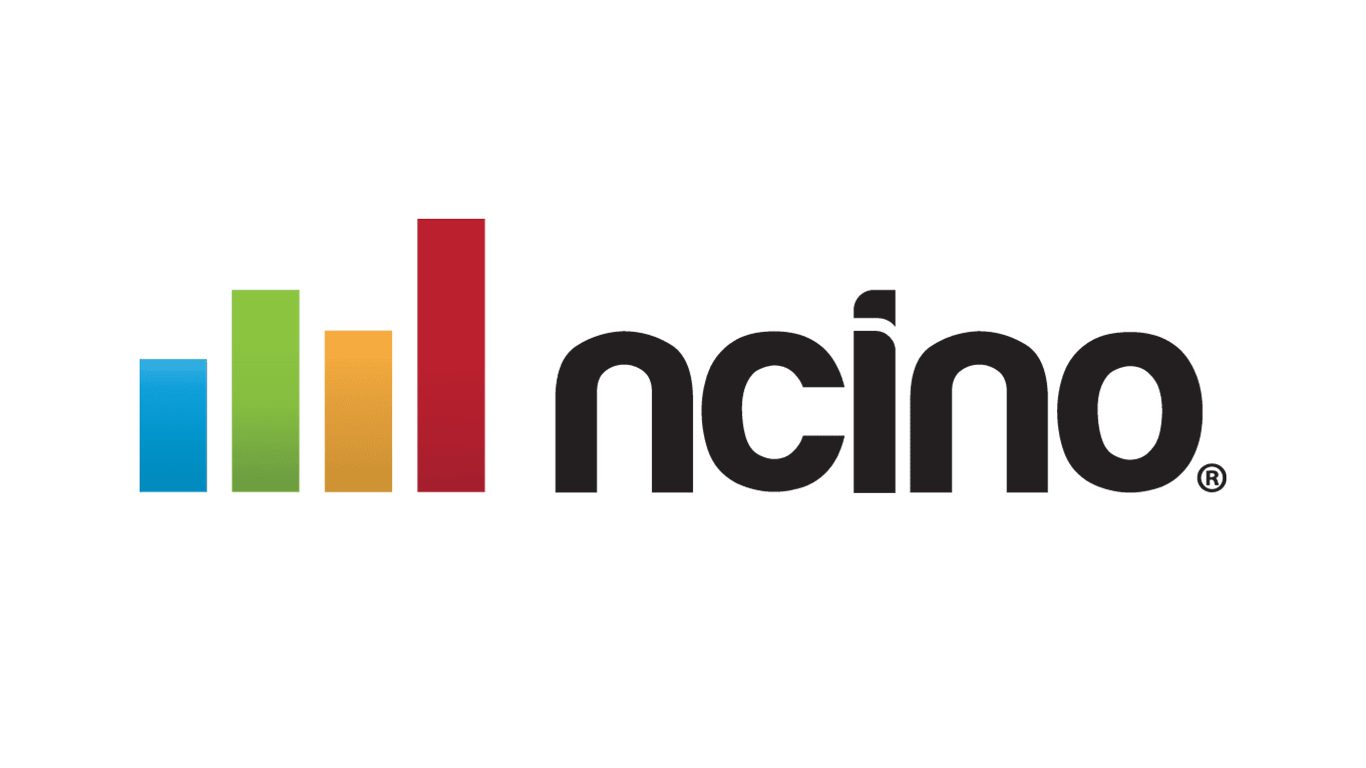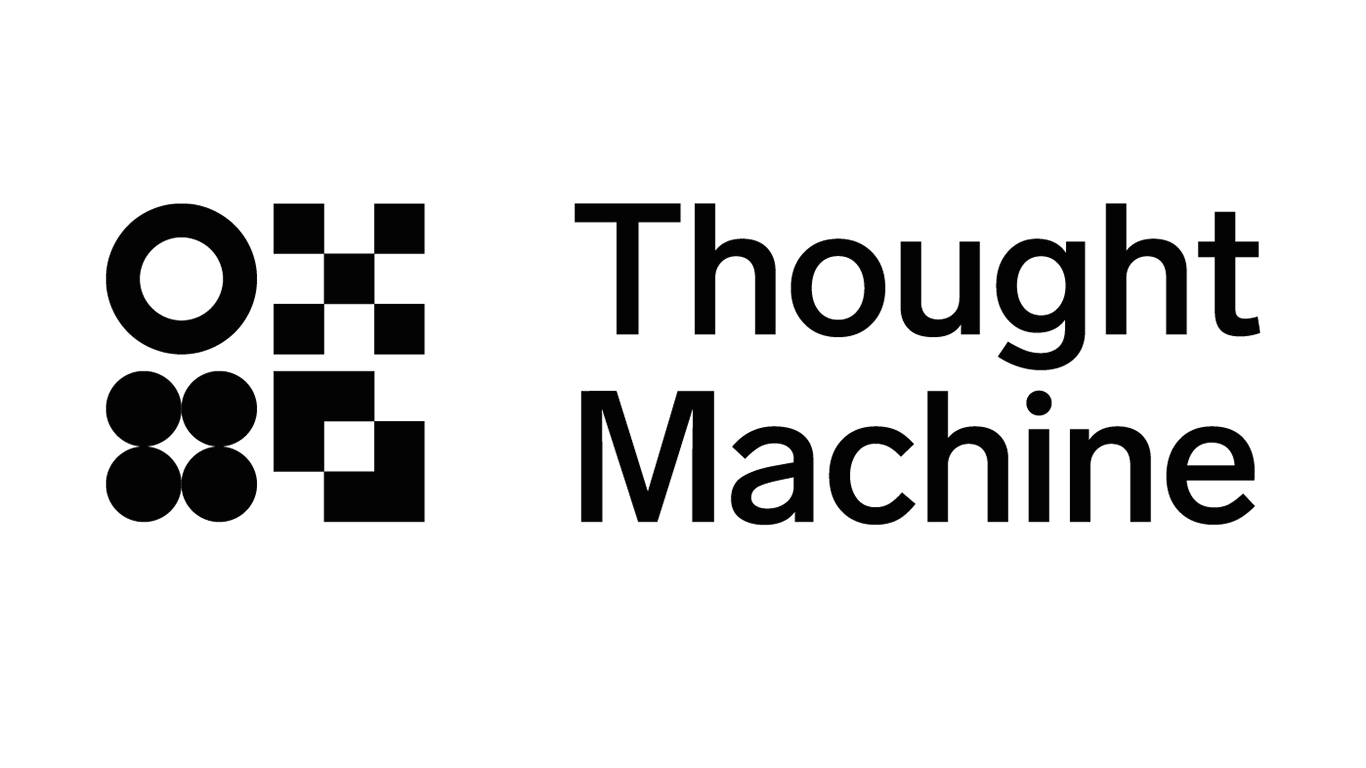Published
- 06:00 am

ION, a global leader in trading and workflow automation software, high-value analytics and insights, and strategic consulting to financial institutions, central banks, governments, and corporates, announces that XTP Risk JANUS won the Best Operational Risk Solution category at the RegTech Insight APAC Awards 2022.
The RegTech Insight APAC Awards recognize both established solution providers and innovative newcomers. They highlight RegTech solutions that throughout the year have successfully improved firms’ ability to respond effectively to evolving and ever more complex regulatory requirements across the global financial services sector.
Adjudication of the RegTech Insight APAC Awards is through online voting within the RegTech Insight community, whose industry opinion is highly valued. This year’s award winners were announced on 29 November, during the RegTech Summit 2022 in Singapore.
The Best Operational Risk Solution category is open to vendors of software and solutions designed to detect, monitor, and analyze risks arising from internal operations, processes, employees, and systems. The unique, rich functionality of XTP Risk JANUS secured it the category honours.
A suite of advanced products that monitor and control risk in real-time, and across multiple assets and markets, XTP Risk JANUS consumes market data, orders, and trades, and continuously evaluates portfolio margins and P&L. Risk measures are used to monitor many types of issues, including trading abuse, out-of-control algo-trading systems, and multiple system performance indicators. All transaction data fields can be used to validate pre-determined measures, helping ensure compliance with trading-related rules and other specified values – such as transaction times compared with processing times, or execution versus system time stamps.
The fully configurable XTP Risk JANUS dashboard uses various criteria dynamically to sort, present, or prioritize accounts or events in the ‘alert’ status. Multiple display formats (heat maps, graphs) instantly display issues based on both regulatory and user-defined criteria, with outlier alerts sent to the relevant recipients for rapid investigation.
Drawing on its capacity to mine complex data sets in real-time, XTP Risk JANUS can be scaled for local, regional, and global views, facilitating control and management. Local high-speed evaluation and intervention, rather than a centralized approach, give follow-the-sun capability – limits (control values) can be shared, and control transferred within distributed organizations.
“Congratulations ION, for winning the Best Operational Risk Solution award in this year’s A-Team Group RegTech Insight Awards APAC 2022. These awards celebrate providers of leading RegTech solutions, services, and consultancy across Asia-Pacific. The winners, selected by A-Team Group’s RegTech Insight community, demonstrate exceptional creativity in building solutions that solve regulatory challenges,” said Angela Wilbraham, CEO of A-Team Group.
“We are honoured by the industry recognition of XTP Risk JANUS through the RegTech Insight APAC Awards,” says Francesco Margini, Chief Product Officer for Cleared Derivatives, ION Markets. “XTP Risk JANUS epitomizes ION’s mission to transform complexity into simplicity by providing a comprehensive risk solution that supports advanced pre-trade and post-trade functionality to cater for different requirements within an organization. Intuitive end-user interfaces facilitate ease of use, while proven reliability and exceptional performance capabilities instill confidence.”
Overall, the suite of XTP Risk JANUS products offers users enhanced sell-side global and real-time risk management tools, ensuring accurate and actionable information is immediately delivered to key risk users and decision-makers. “It’s an offering that is unparalleled and unrivalled,” Margini concludes.
Related News
- 09:00 am

SEBA Bank AG, a leading crypto bank in Switzerland having a suite of fully regulated banking services, officially opened its Hong Kong office for its subsidiary, SEBA (Hong Kong) Limited (“SEBA Hong Kong”).
SEBA Bank has a strong conviction for Hong Kong to become its first strategic location in APAC through its subsidiary. With the growing demand in APAC for crypto, Hong Kong has a supportive crypto licensing framework that provides a valuable base to capture the business potential in the region. SEBA Hong Kong’s initial activities will focus on consultancy services and market research, as well as engaging strategic partners for its head office in Switzerland.
Franz Bergmueller, CEO of SEBA Bank, commented, “We are proud to strengthen our presence in the APAC market with the opening of the new office of SEBA Hong Kong. With a considerable pedigree as an international financial centre, as well as a supportive regulatory approach to cryptocurrencies, Hong Kong is cementing its position as a global leader in cryptocurrencies. This office, and our deeply talented SEBA Hong Kong executive team, led by our managing director Ludovic Shum, provides a valuable strategic base that will enable us to cater effectively to the rapidly growing demand for crypto in the APAC region.”
SEBA Bank is a leading crypto bank. From its global headquarter in Switzerland, SEBA Bank provides a suite of fully regulated banking and investment services, including trading, structured products, bank accounts, cards, credit, staking, and crypto and NFT custody. SEBA Bank’s stringent security and deposit protection policy make it a secure, transparent and trusted crypto custodian in Switzerland. Client assets are held securely in segregated accounts, off the balance sheet, ensuring that assets are always available for client withdrawal.
Ludovic Shum, Managing Director at SEBA Hong Kong, commented, “The opening of our Hong Kong office is critical to our ambition in the region. By strengthening our presence in a key international financial centre, we are proud to form part of the crypto ecosystem and to contribute towards the development of the virtual/digital assets space in Hong Kong and the region.”
Related News
- 08:00 am

Open banking provider Yapily has teamed up with the embedded insurance platform Certua to make it easier, quicker, and cheaper for people to apply for and manage their life insurance coverage in the UK.
Despite rising levels of financial vulnerability and the need for a safety net, a significant life insurance protection gap exists in the UK. In a 2020 Financial Lives survey by the FCA, over half of the people (53%) admitted to not having any protection products in place.
Together, Certua and Yapily are making it easier for people to access life insurance coverage that is suited to their needs, reduce time spent on admin during the risk assessment process, and save money by ensuring individuals aren’t under or over-insured.
Using Yapily’s platform, with the customer’s consent Certua can fetch individual bank account information such as annual income and expenses to automatically assess a person’s financial position. Certua then feeds this information into its open banking-powered cover calculator to provide more accurate and personalised insurance policy recommendations. Individuals can receive point-in-time recommendations in minutes, without having to engage with lengthy data-gathering and advice processes when applying for life insurance coverage.
Helped by the FCA’s recent amendment to open banking’s 90-day consent rule, Yapily is also enabling Certua to continuously monitor and assess every customers’ protection needs throughout their lifetime. This ensures that coverage can be adapted to meet an individual’s changing circumstances, with many people that do have coverage currently stuck on rigid fixed benefit and fixed-term products.
Certua is also working with Yapily to explore the use of open banking data in underwriting, eliminating burdensome administrative tasks when it comes to referrals, saving insurance companies both time and money. The partnership will see an exciting roadmap of solutions added as both partners continue to expand their product suites.
Luke Bewley, Founding team and Director of Growth, Certua, commented:
“There is a colossal market failure in the life insurance industry today. Certua are investing in and working hard to develop embedded solutions which improve the model for the entire value chain, most importantly the end customer. Yapily enables us to dramatically innovate in the life insurance space and we are excited to see the impact of this on businesses and consumers together, now and in the future.”
Stefano Vaccino, Founder and CEO, Yapily, added: “Embedded insurance and open banking: two disruptive movements that, together, have the power to make financial services better, simpler, and more accessible for millions of people. It’s exciting to be working with Certua in this space and accelerating towards an open economy that works for everyone. I look forward to watching our partnership grow and enabling Certua to deliver the power of open banking to its customers.”
Related News
- 01:00 am

nCino, a pioneer in cloud banking and digital transformation solutions for the global financial services industry, today announced that it has appointed William (Bill) Spruill to its Board of Directors.
"Bill is a dynamic and entrepreneurial executive and we are proud to welcome him to the nCino board," said Pierre Naudé, Chairman and CEO of nCino. "As one of North Carolina’s most prominent tech founders with deep data expertise and a strong background in enterprise software, Bill’s experience and perspective will be invaluable to nCino as we continue to scale globally."
Spruill is the co-founder and former CEO of Global Data Consortium (GDC), a leading provider and industry expert in global electronic identity verification. During his tenure as CEO, he oversaw the formation of more than 50 enterprise channel relationships and established a cohort of more than 120 data suppliers creating a unique and successful consortium business model to deliver high-quality identity data in near real-time for over 70 countries. Earlier this year, GDC was acquired by the London Stock Exchange Group (LSEG) for $300 million making it one of the largest minority founder exits in the enterprise technology sector in U.S. history.
Spruill joins Pam Kilday, former head of operations of Truist Financial; Steven Collins, former EVP & CFO of ExactTarget; Jon Doyle, member of the board of directors of, and current vice chairman, senior managing principal and head of the financial services group at, Piper Sandler; Jeffrey Horing, managing director at Insight Partners; William Ruh, president of Cairn Capital Management; Spencer Lake, former vice chairman of global banking and markets at HSBC; and Pierre Naudé, Chairman and Chief Executive Officer of nCino, on nCino's Board of Directors.
Related News
- 08:00 am

Thought Machine, the cloud-native banking technology company, today announces it is powering Trust Bank, the first of Singapore’s cloud-native digital banks. Trust is a rapidly growing digital-only bank with an exceptional user experience built in the cloud.
Leveraging Thought Machine’s technology, Trust has designed a world-class solution with an intuitive customer experience combining best-in-market rewards with a suite of products. At launch, this includes a credit card, savings account and family personal accident insurance.
Using Vault Core, Thought Machine’s core banking platform, Trust scaled rapidly following its launch on 1 September 2022. The bank acquired 100,000 customers in its first 10 days and its community grew to more than 300,000 customers within its first two months. The flexibility of Vault Core supports this rapid scaling and will enable Trust to build further products and features quickly while leveraging real-time data and analytics.
Vault Core is a highly configurable platform – uniquely positioned to support large-scale banks undertaking core transformation, and for smaller banks and fintechs launching new propositions to the market.
Rajay Rai, Chief Information Officer, Trust Bank, says: “We have been working collaboratively with Thought Machine to test, deploy and deliver a transparent banking service which we are truly proud of. Vault Core is the foundational platform for us to build and grow the first of Singapore’s new wave of digital banks. We look forward to building on our joint success and delivering even greater levels of customer experience and innovation.”
Nick Wilde, Managing Director of Asia Pacific, Thought Machine, says: “We are proud to be working on this exciting new project with Trust Bank. Trust has already delivered a compelling proposition to the market, and we’re excited to work alongside its team to expand and grow the service further. It’s clear that Trust, powered by Thought Machine technology, has the vision and ambition needed to create a digital bank that greatly enhances Singapore’s banking landscape – and gains huge market share.”
Thought Machine’s client list now includes Lloyds Banking Group, Standard Chartered Bank, Al Rajhi Bank Malaysia, HD Bank, Intesa Sanpaolo, Lunar, and Atom bank, among others around the world. The company has raised more than $500m in funding and has headquarters in London, with regional headquarters in Singapore, New York and Sydney.
Related News

Mashum Mollah
CEO at Blogmanagement.io
Introduction see more

Mashum Mollah
CEO at Blogmanagement.io
Introduction see more

Mashum Mollah
CEO at Blogmanagement.io
Introduction see more

Mashum Mollah
CEO at Blogmanagement.io
Introduction see more

Mashum Mollah
CEO at Blogmanagement.io
Introduction see more









